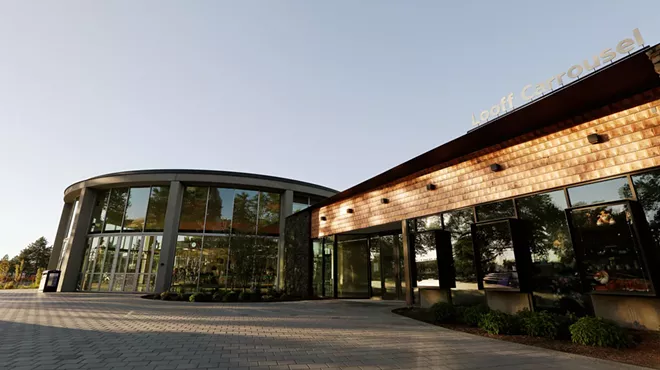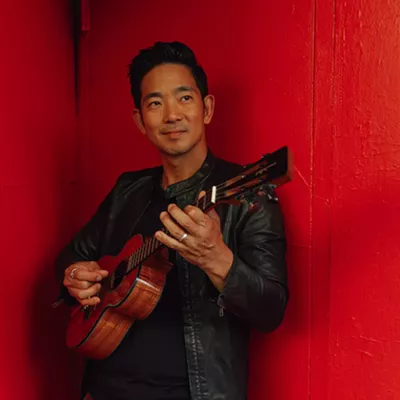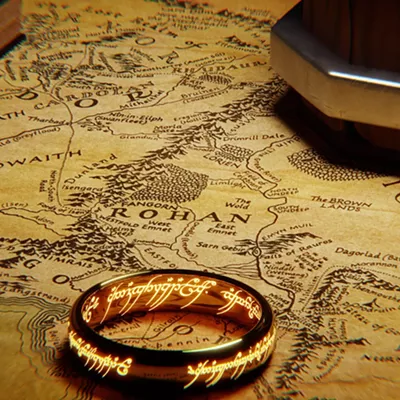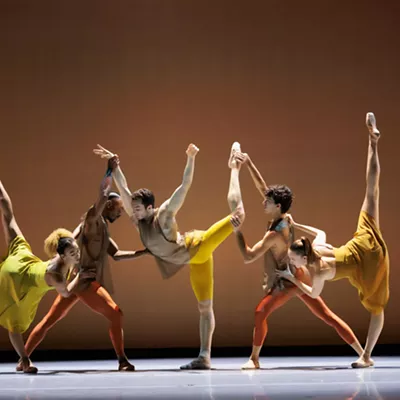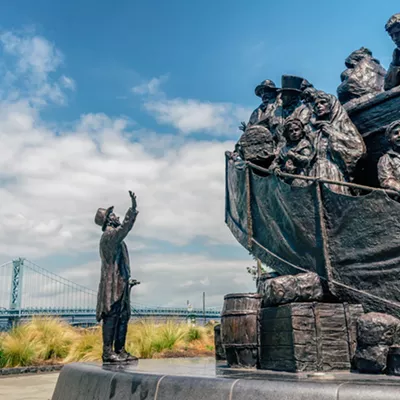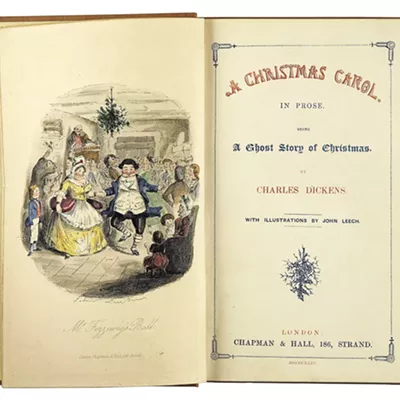Rock 'n' roll is the progeny of sin and salvation.
In the biopic Elvis — which is up for eight Oscars next month — the rock 'n' roll icon is beguiled by "devil" blues, enraptured by gospel music, vilified as a sinner and venerated as a saint. His music gestated in sweltering Pentecostal tent revivals in his hometown of Tupelo, Mississippi.
Carl Perkins, Jerry Lee Lewis and Johnny Cash — all Memphis-based Sun Records artists like Elvis — were also raised Pentecostal. Elvis' mother was a fan of preacher Brother Claude Ely. He composed and performed gospel songs such as "Ain't No Grave Gonna Hold My Body Down," the last song Cash ever recorded. From his pulpit, Ely would gyrate as if exercising demons from holy roller audiences.
Another gospel influence on the would-be Hound Dog was Sister Rosetta Tharpe, the Godmother of Rock 'n' Roll. Tharpe was a recording artist fronting a choir at the same Chicago church where Emmett Till's funeral was held. She was Cash's favorite singer. Elvis revered Tharpe's picking on her Les Paul guitar. She toured Europe with Muddy Waters in 1964, and Eric Clapton, Jeff Beck and Keith Richards claimed they were at her legendary "Didn't It Rain?" performance at a Manchester train station. (It's on YouTube. Check it out.)
The Presleys lived in a two-room shotgun shack cheek-to-jowl with Black sharecroppers. Hardship haunted the family. Elvis' twin was stillborn, and his father did time at the notorious Parchman Farm, aka Mississippi State Penitentiary. Music was Elvis' solace. Tupelo was down the road from Clarksdale — the "Birthplace of the Blues" — home to blues legends B.B. King, Son House, Muddy Waters and Bessie Smith. King was even recording at Sun when Elvis cut his first song there in 1953.
It's no secret that Elvis covered blues songs from juke joint and Chitlin' Circuit artists. Some of these were Big Mama Thorton's "Hound Dog," Fats Domino's "Ain't That a Shame," Big Joe Turner's "Shake, Rattle, and Roll," Arthur "Big Boy" Crudup's "That's Alright," and Otis Blackwell's "Don't Be Cruel" and "All Shook Up."
At the time, White musicians profited from this "race music" without crediting Black songwriters, who often received scant if any royalties from this theft. Thorton got $500 for "Hound Dog," the song that branded Elvis as Elvis. White bands like the Rolling Stones commodified blues without acknowledging Black composers.
"If I could find a White man who had the Negro sound, I could make a million dollars," said Sun's Sam Phillips before "discovering" Elvis. Instead, Elvis' P.T. Barnum, "Colonel" Tom Parker, would make millions from his exploitation of Presley.
As blues guitarist Big Bill Broonzy said, "Rock and Roll was stolen from the Blues." Broonzy, who Clapton, John Lennon and Paul McCartney regarded as an inspiration, languished in the last decade of life as an indigent janitor.
Elvis knew it. "The colored folks been singing and playing it just like I'm doing. I got it from them," he said in a 1957 Jet magazine interview. "People seem to think I started this business. But rock 'n' roll was here a long time before I came along. Nobody can sing that kind of music like colored people. I can't sing like Fats Domino."
When Elvis met the closeted, gender-fluid Little Richard in 1956, and they recorded together at Sun, Elvis emulated some of Little Richard's mojo. Elvis' pelvis wouldn't exist without Richard.
Elvis did not birth rock 'n' roll. There was Bo Diddley and Chuck Berry. Elvis was not the only White artist to popularize the genre with White audiences. There were also Buddy Holly and Bill Haley. Unlike these other four "founders" of rock 'n' roll, Elvis was an uber-celebrity, one manufactured and crushed by the star-making machinery. Like Marilyn Monroe, the untenable dissonance between Elvis' public persona and his private pathos are American tragedies.
"The image is one thing and the human being is another," Elvis lamented in 1972. "It's hard to live up to the image." ♦


